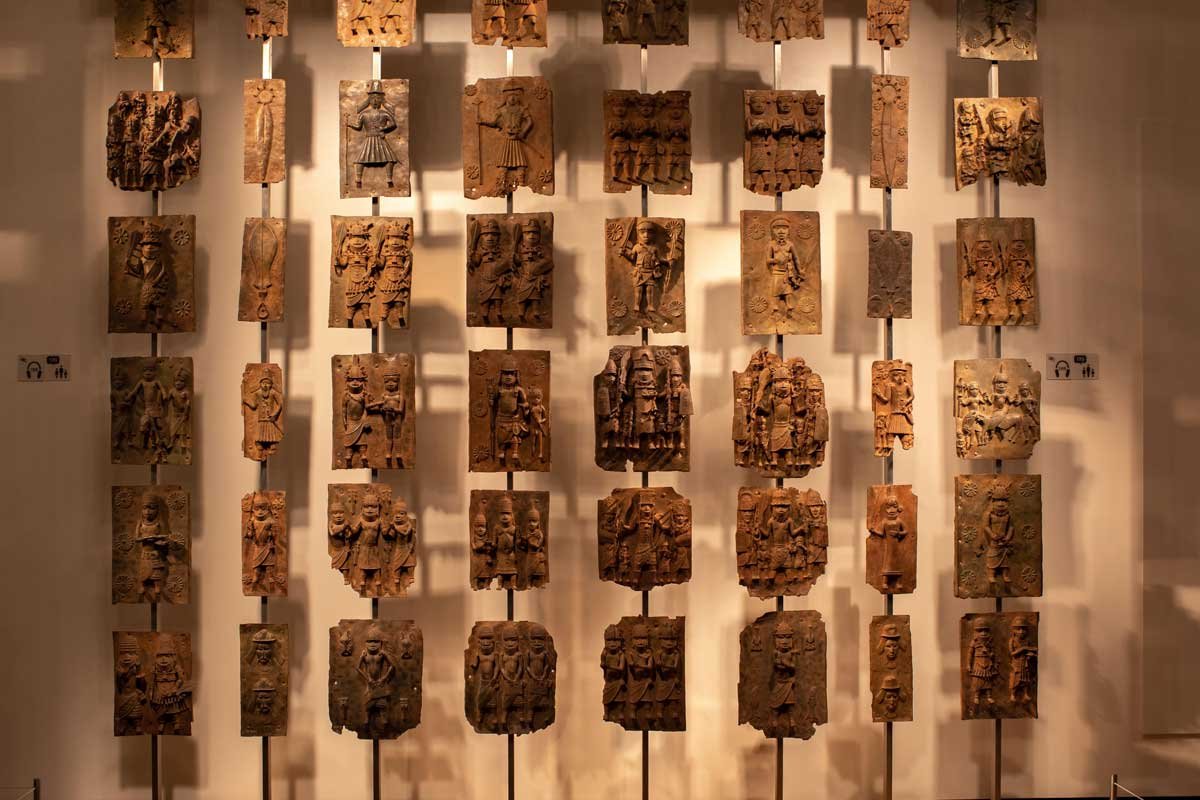Financial Crises in Argentina analyzed through Collective Guilt
By analyzing issues and conflict through the lens of collective guilt, remembering the impacts of globalization and interconnectivity, it is possible to identify the factors that cause or aggravate a certain situation, and therefore create comprehensive and sustainable solutions.
Putin’s Miscalculated Machinations Serve Beijing’s Interests
The Kremlin’s military aggression in Ukraine is a tragic confluence of imperial ambition, deception and civilian casualty. However, it is also a poor signal to Russia’s senior partner – China – to stay away from the country’s Far East. As a former KGB operative, Vladimir Putin understands that maintaining the cohesiveness of such a naturally rich, diverse and vast Russia in the 21st century may come at a cost, again.
North Korean Missiles in the Age of Diplomatic Dormancy
North Korea’s recent overtures risks the security of key U.S. allies and reveals Biden’s strategy as ineffectual.
The Semiconductor Supply Chain: From Silicon to CPU
The United States’ focus on developing security and resilience in its domestic semiconductor supply chain is too narrowly fixated on specific steps in the broader process.
A call to NATO: Let’s fight gender inequality
To stop gender-based violence, NATO must remove underlying barriers inhibiting gender equality by moving beyond its focus on merely “adding women” to the force.
The Sources of Russian Conduct in Ukraine
The unprovoked and unjustified invasion of Ukraine by Russian military forces is the result of Vladimir Putin rushing to reestablish Russia’s domination over its periphery.
A Year in Review: The Consequences of Turkey’s Withdrawal from the Istanbul Convention
The fallout in the year following Turkey’s withdrawal from the Istanbul Convention has resulted in increased violence, a spike in femicide cases, and public calls for change.
Bangladesh at 50: The Rise of a Phoenix from Ashes
As Bangladesh stands at the 50th year of its independence, its journey has been perceived as a transition from a basket case to a development miracle.
Reconciliation Between Baghdad and Erbil is Key to Iraqi Counterterrorism Efforts
The Islamic State is using the disputed territories as a launching pad to attack security forces and Iraqi civilians. The Kurdish Regional Government and the Iraqi central government must solve their differences vis-a-vis the disputed territories in order to effectively combat and eradicate the Islamic State.
India – The Emerging Tech Giant
Boosted by innovative government programs and private-sector investments, India has the foundation in place to emerge as a major technological power in the coming decades.
The Siege of El Estor: Resistance to the Continuation of an Extractive and Repressive Neoliberal Status Quo in Guatemala
First-hand reporting and analysis of the Maya Q’eqchi’ resistance movement against multinational corporate exploitation and in defense of land, nature, and the inalienable right to exist.
Sexual Violence in South Korea: Preventative Measures are Desperately Needed
South Korea must no longer take a passive role in the violence committed against its female population and needs a more direct and preventative role in educating future generations about gender-based violence.
The History of the Hunt: Contemporary Discussions on Cultural Heritage in German Museums
Germany is reevaluating its museum collections, specifically ones with colonial connections, and must answer the question: Who actually owns this artifact, and by what right does Germany get to keep it if its original transaction wasn’t fair?
Armenia: The Case for Realpolitik
To capitalize on regional agenda setting, Armenia’s national security must be a priority in the face of unilateral land grabs.
Technological Decoupling: The Newest Phase of U.S.-China Competition?
The United States and China are currently headed towards ‘soft’ technological decoupling, which severely affects all actors in the global economy. In sensitive technology sectors, multinational corporations (MNCs) should expect increased foreign and domestic regulatory pressure.
New Kid on the Grid: China’s Price for Becoming the Poster Child for Nuclear Energy
Amid an unparalleled nuclear power buildup at home and abroad, China is confronted with deficiencies in safety that could irreparably damage the international effort against climate change.
For Stability’s Sake: How the CCP Stifles Innovation from Web Series to Technology
Tighter regulations on web series illustrate significant concerns for domestic innovation throughout China.
The Sacred Defense and Public Health: The Revolutionary Guards’ Fight Against COVID-19
The Islamic Revolutionary Guard Corps (IRGC) has exploited the COVID-19 pandemic to expand its influence in Iranian public health matters. The United States should watch this development and explore policies to diminish the IRGC's role in public health.
Sudan’s Fight for Democracy is Far From Over
Sudan has undergone an intense military takeover in the past few weeks and, in response, scores of protestors and civil leaders have taken to the streets to condemn it. While the military seems to be relenting, it may only be a false flag, used as a distraction. The international community has all but lost hope for the people of Sudan. The time to count out Sudan is not here. Now is the time to support the Sudanese people as they fight the good fight for freedom, liberty, and self-rule.
The Fragile Future of MERCOSUR as a Result of the Argentinian-Brazilian Rivalry
Global and regional trade is based on a series of complex economic and financial relationships between countries that can offer opportunities for economic development. However, such activities depend on a delicate balance that nation-states often have trouble maintaining. This case study will look at how MERCOSUR’s future is in danger due to the economic rivalry between Argentina and Brazil. This article uses the example of MERCOSUR as it is one of the most significant attempts of regional trade and cooperation in the history of the region. When looking at the trade relationship between Brazil and Argentina mentioned in the article, similar fraught relationships that have negatively impacted cooperation agreements around the globe emerge. This piece introduces some of the complex aspects of regionalism and how often "the most powerful agents" shape the past, present, and future of cooperation relationships at the regional level.


















